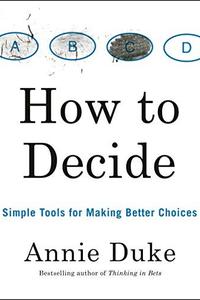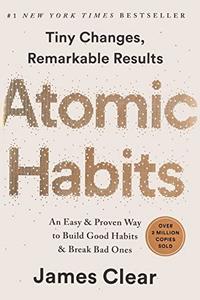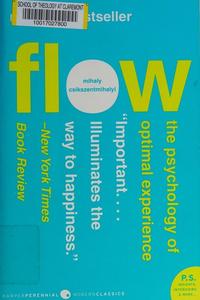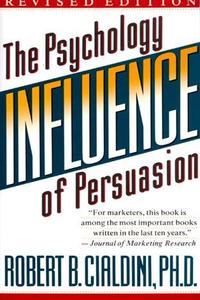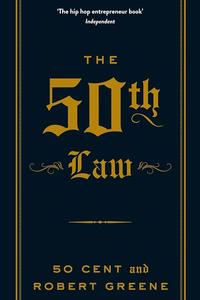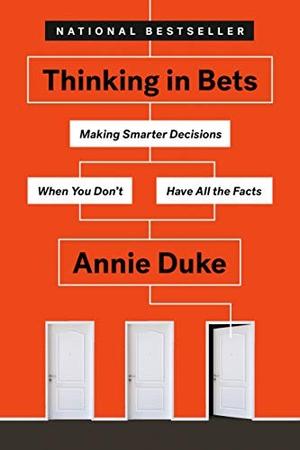
Thinking in Bets by Annie Duke: Summary & Notes
by Annie Duke
In One Sentence
Better decisions come from thinking in probabilities rather than certainties—separating decision quality from outcome quality and constantly updating beliefs based on new evidence.
Key Takeaways
- Good decisions can have bad outcomes (and vice versa)—judge the process, not the result
- Think in probabilities, not certainties—"I'm 70% confident" beats "I'm sure"
- Resulting: don't let outcomes bias your evaluation of decision quality
- Seek out disagreement—truth-seeking groups make better decisions than echo chambers
- Pre-mortems: imagine failure and work backward to prevent it
- Temporal discounting: consider your future self when deciding
Summary
One of the best, and most applicable, books on decision-making I’ve ever read.
Will help you make better decisions in both personal and professional life.
Goes well with any reading about biases and their effect on our day-to-day life, like Thinking, Fast and Slow, Influence, or The Art of Thinking Clearly.
Who Should Read This Book
- Decision-makers who want to improve judgment
- Poker players and investors
- Anyone who struggles with hindsight bias
- Leaders who need to make decisions under uncertainty
FAQ
What is "resulting" in decision-making?
Resulting is the error of judging decision quality by outcomes. A good decision can have a bad result due to luck, and a bad decision can succeed by chance. To improve, evaluate the decision process itself, not just what happened.
Chapter-by-Chapter Breakdown
Notes
Introduction
- Bet: a decision about an uncertain future.
- There are two things that determine how our lives turn out: the quality of our decisions and luck.
Chapter 1 - Life is Poker, Not Chess
- Resulting: our tendency to equate the quality of a decision with the quality of its outcome.
- Chess isn’t a good model for decision-making in life, where most of our decisions involve hidden information and a much higher influence of luck.
- Poker, by contrast, is a game of incomplete information and decision-making under uncertainty: just like real life.
- We’re taught throughout life that saying “I don’t know” is a bad thing. But we must get comfortable with it to make better decisions.
- First, it’s more accurate.
- Second, it tells us where we need to try and find more information.
- And third, it helps prevent us from thinking in black-and-white terms.
Chapter 2 - Wanna Bet?
- Most of the time we aren’t betting against someone else (like in a casino).
- Most of the time we’re betting against all future versions of ourselves that we are not choosing.
- As humans, it is very easy for us to believe, and very hard for us to doubt.
- Being smart can make bias worse. Smarter people are better at constructing narratives for why something is true.
- Thinking about our beliefs as bets—as if we had to put money on the line—helps us revisit all the assumptions that came with that belief.
- When we express our beliefs, we should express a level of confidence as a percentage as well: “I’m 70% sure this person is 45.”
- We can also declare a range of possible outcomes: “my guess for this person’s age is 40-48.”
Chapter 3 - Bet to Learn
- Learning in the real world is tough because there are so many different factors that can affect a particular outcome.
- We need to change the rewards we feel: we should aim to feel good when we give credit to others and to luck, when we admit mistakes, when we find mistakes in good outcomes, and when we learn and follow a good decision process.
- A good way to learn from others? Imagine we are the ones who had accomplished whatever they did. That way we’re more likely to find things to give them credit for, and what we can learn from.
Chapter 4 - The Buddy System
- A “truthseeking pod” can be a great system to help each other think in bets. The focus should be on accuracy, accountability, and openness to diversity of ideas.
- People are more willing to offer a good opinion when the goal is to win a bet rather than get along with people in a room.
Chapter 5 - Dissent to Win
- You should try to seek out all the possible factors for why you could be wrong. If it feels uncomfortable or requires more clarification to explain, it should be a sign to share that detail.
- Be a data sharer. More data is better.
- “Don’t shoot the messenger.” If you want to encourage sharing of data, even if unpleasant, then make sure you don’t make those that share it feel bad for doing so.
- Another way of doing this is to imagine the idea or data coming from someone we like much more or much less.
- We often forget that no one has only good ideas or only bad ideas.
- Deconstruct decisions before the outcome to fight outcome bias, and if you’re getting feedback, make sure to share the detail of the decision without the outcome.
- If two people disagree, get them to argue the other’s position with the goal of being the best debater.
- Skepticism is about approaching the world asking why things might not be true, rather than why they are true.
To communicate with others to maximize truthseeking:
- Express uncertainty
- Lead with assent: listen for the things you agree with, and state those specifically. Then follow with “and” instead of “but.”
- Ask for agreement: before engaging, ask if someone is just looking to vent, or if they’re looking for advice. Engage accordingly.
Chapter 6 - Adventures in Mental Time Travel
- Temporal discounting: the tendency we all have to favour our present self at the expense of our future self.
- To make better decisions in the present, consider how you’ll feel about the decision in the future.
- Use the 10-10-10 rule: what are the consequences of my decision in 10 minutes? 10 months? 10 years?
- To make better decisions, we should consider in detail what the future possible outcomes will be like. Literally write down the possibilities in detail, and then assign them probabilities.
- Backcasting: when we imagine we’ve achieved a positive future outcome, and we think about how we got there.
- Premortem: when we imagine we haven’t achieved a positive future outcome, and we think about what might have prevented us from getting there.
- A premortem is especially useful, giving people permission to imagine the roadblocks that may come up, and helping prepare for them ahead of time.
- Life, like poker, is one long game, with a lot of losses. We’ll do better, and be happier, if we recognize we can never be sure of the future.
- Recognizing this moves our job from being right all the time—an impossible task—to getting a little bit better each time.
